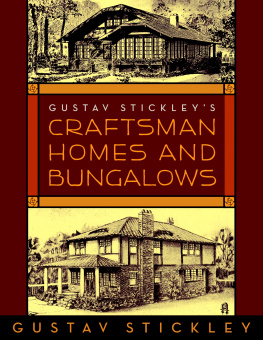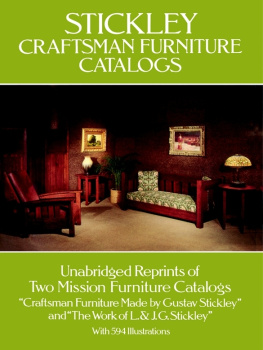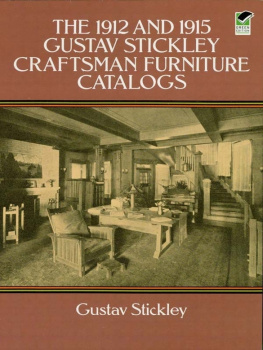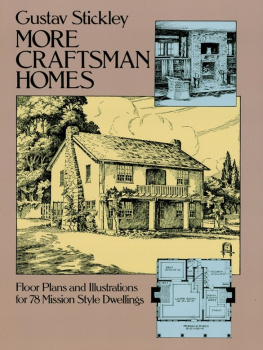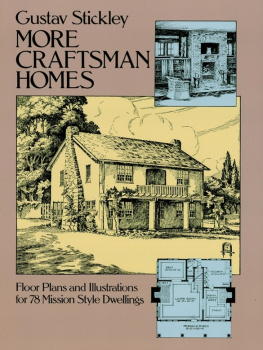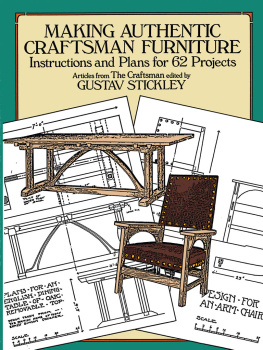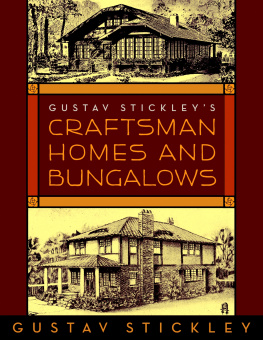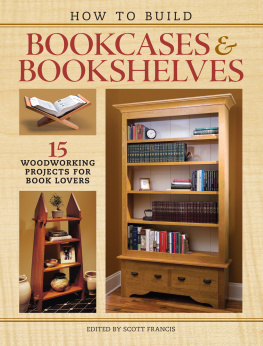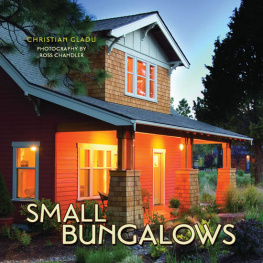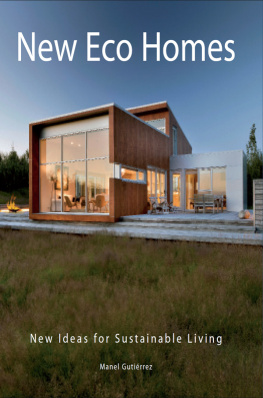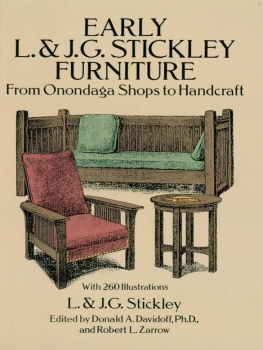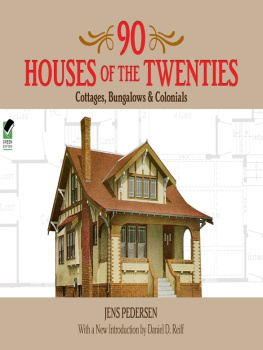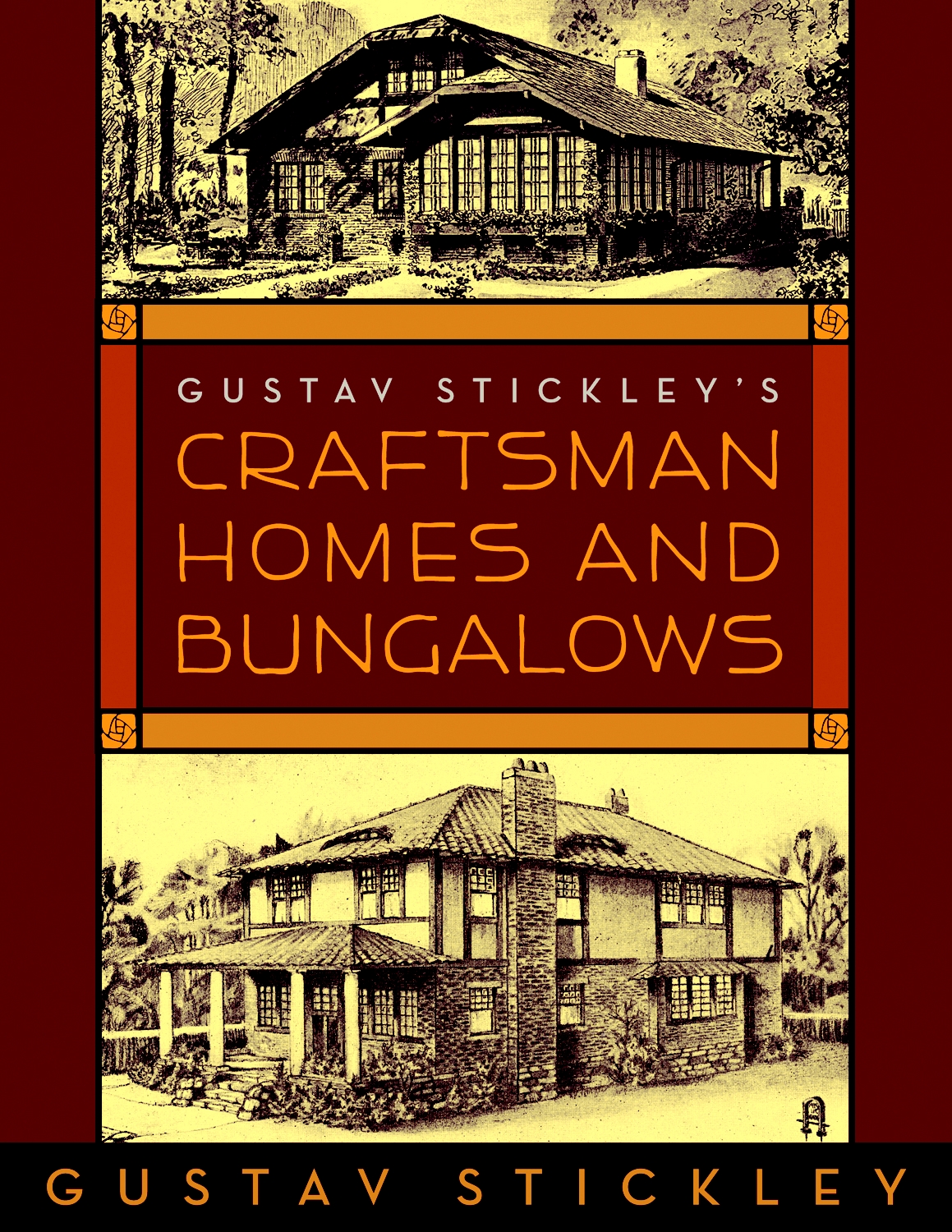THE SIMPLIFICATION OF LIFE: A CHAPTER FROM EDWARD CARPENTERS BOOK CALLED ENGLANDS IDEAL
W HEN we remember the sincere reformers of the world, do we not always recall most gladly the simple men amongst them, Savonarola rather than Tolstoi, Gorky rather than Goethe, and would it not be difficult to associate this memory of individual effort for public good with consciously elegant surroundings. Could we, for instance, picture Savonarola with a life handicapped, perhaps, by eager pursuit of sartorial eccentricities, with a bias for elaborate cuisine and insistence upon unearned opulence, or the earning of luxury at the sacrifice of others lives or happiness ? It does not somehow fit into the frame. In remembering those who have dedicated their lives to the benefit of their own lands, we inevitably picture them as men of simple ways, who have asked little and given much, who have freed their shoulders from the burdens of luxury, who have stripped off from their lives the tight inflexible bandages of unnecessary formalities, and who have thus been left free for those great essentials of honest existence, for courage, for unselfishness, for heroic purpose and, above all, for the clear vision which means the acceptance of that final good, honesty of purpose, without which there can be no real meaning in life.
Such right living and clear thinking cannot find abiding place except among those whose lives bring them back close to Natures ways, those who are content to be clad simply and comfortably, to accept from life only just compensation for useful toil, who prefer to live much in the open, finding in the opportunity for labor the right to live; those who desire to rest from toil in homes built to meet their individual need of rest and peace and joy, homes which realize a personal standard of comfort and beauty; those who demand honesty in all expression from all friends, and who give in return sincerity and unselfishness, those who are fearless of sorrow, yet demand joy; those who rank work and rest as equal means of progressin such lives only may we find the true regeneration for any nation, for only in such simplicity and sincerity can a nation develop a condition of permanent and properly equalized welfare.
By simplicity here is not meant any foolish whimsical eccentricity of dress or manner or architecture, colonized and made conspicuous by useless wealth, for eccentricity is but an expression of individual egotism and as such must inevitably be short-lived. And what our formal, artificial world of today needs is not more of this sort of eccentricity and egotism, but less; not more conscious posing for picturesque reform, but greater and quieter achievement along lines of fearless honesty; not less beauty, but infinitely more of a beauty that is real and lasting because it is born out of use and taste.
From generation to generation every nation has the privilege of nourishing men and women (but a few) who think and live thus sincerely and beautifully, and who so far as possible strive to impress upon their own generation the need of such sincerity and beauty in daily life. One of the rarest and most honest of these sincere personalities in modern life is Edward Carpenter, an Englishman who, though born to wealth and station, has stripped his life of superfluous social paraphernalia and stepped out of the clumsy burden of tradition, up (not down) to the life of the simple, common people, earning his living and that of his family as a cobbler (and a good one, too) and living in a peaceful fashion in a home planned and largely constructed by himself. His life and his work are with the people. He knows their point of view, he writes for them, lectures for them, and though a leader in modern thought in England and a man of genius, he is one with his daily associates in purpose and general scheme of existence. In all his present writings the common man and his relation to civilization, is Mr. Carpenters theme, and he deals with the great problems of sociology in plain practical terms and with a straightforward thought born of that surest knowledge possible, experience.
From the beginning of the endeavor of THE CRAFTSMAN to aid in the interests of better art, better work and a better and more reasonable way of living, the work of Edward Carpenter has been an inspiration and an ideal, born out of that sympathy of purpose which makes men of whatever nation brothers and comrades. We have from time to time in the magazine quoted from Mr. Carpenters books at length, feeling that he was expressing our own ideal as no words of ours could, and particularly have we felt a oneness of purpose with him in his book called Englands Ideal, in which he publishes a chapter on the Simplification of Life, which with its honesty, sincerity, its high courage and rare judgment should make clear the pathway for all of those among us who are honestly interested in readjusting life on a plane of greater usefulness and higher beauty. In this essay which we purpose here to quote at length, Mr. Carpenter begins by speaking of his own method of readjusting his life as follows:
I F YOU do not want to be a vampire and a parasite upon others, the great question of practical life which everyone has to face, is how to carry it on with as little labor and effort as may be. No one wants to labor needlessly, and if you have to earn everything you spend, economy becomes a very personal questionnot necessarily in the pinching sense, but merely as adaptation of means to the end. When I came some years ago to live with cottagers (earning say 50 to 60 a year) and share their life, I was surprised to find how little both in labor and expense their food cost them, who were doing far more work than I was, or indeed the generality of the people among whom I had been living. This led me to see that the somewhat luxurious mode of living I had been accustomed to was a mere waste, as far as adaptation to any useful end was concerned; and afterward I had decided that it had been a positive hindrance, for when I became habituated to a more simple life and diet, I found that a marked improvement took place in my powers both of mind and body.
The difference arising from having a small piece of garden is very great, and makes one feel how important it is that every cottage should have a plot of ground attached. A rood of land (quarter acre) is sufficient to grow all potatoes and other vegetables and some fruit for the years use, say for a family of five. Half an acre would be an ample allowance. Such a piece of land may easily be cultivated by anyone in the odd hours of regular work, and the saving is naturally large from not having to go to the shop for everything of this nature that is needed.
Of course, the current mode of life is so greatly wasteful, and we have come to consider so many things as necessarieswhether in food, furniture, clothing or what notwhich really bring us back next to no profit or pleasure compared with the labor spent upon them, that it is really difficult to know where the balance of true economy would stand if, so to speak, left to itself. All we can do is to take the existing mode of life in its simpler forms, somewhat as above, and work from that as a basis. For though the cottagers way of living, say in our rural districts or in the neighborhood of our large towns, is certainly superior to that of the well-to-do, that does not argue that it is not capable of improvement. * * * *
N O DOUBT immense simplifications of our daily life are possible; but this does not seem to be a matter which has been much studied. Rather hitherto the tendency has been all the other way, and every additional ornament to the mantelpiece has been regarded as an acquisition and not as a nuisance; though one doesnt see any reason, in the nature of things, why it should be regarded as one more than the other. It cannot be too often remembered that every additional object in a house requires additional dusting, cleaning, repairing; and lucky you are if its requirements stop there. When you abandon a wholesome tile or stone floor for a Turkey carpet, you are setting out on a voyage of which you cannot see the end. The Turkey carpet makes the old furniture look uncomfortable, and calls for stuffed couches and armchairs; the couches and armchairs demand a walnut-wood table; the walnut-wood table requires polishing, and the polish bottles require shelves; the couches and armchairs have casters and springs, which give way and want mending; they have damask seats, which fade and must be covered; the chintz covers require washing, and when washed they call for antimacassars to keep them clean. The antimacassars require wool, and the wool requires knitting-needles, and the knitting-needles require a box, the box demands a side table to stand on and the side table involves more covers and castersand so we go on. Meanwhile the carpet wears out and has to be supplemented by bits of drugget, or eked out with oilcloth, and beside the daily toil required to keep this mass of rubbish in order, we have every week or month, instead of the pleasant cleaning-day of old times, a terrible domestic convulsion and bouleversement of the household.

